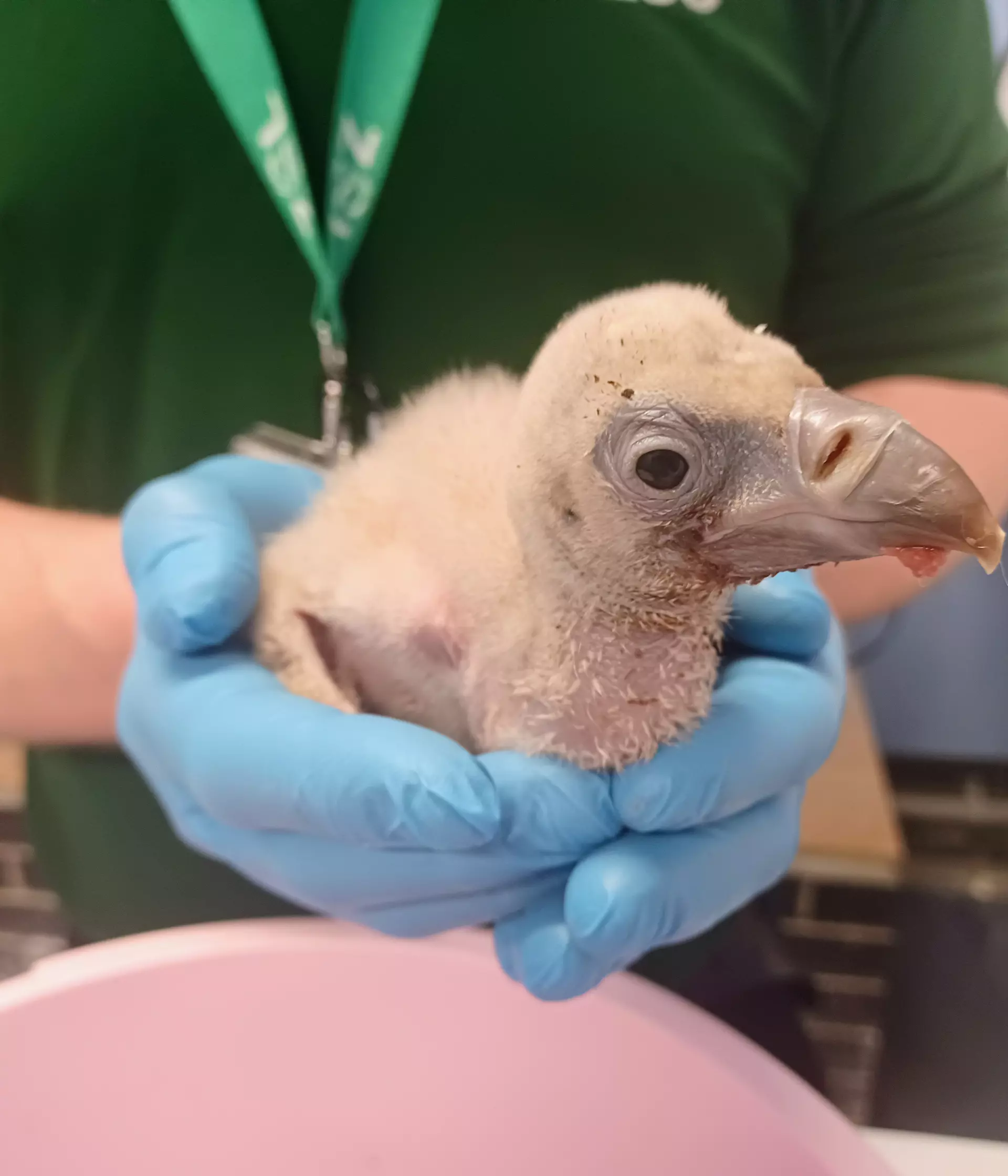In-person
Previous Event
How can animal sciences be used to aid species recovery?
Zoos have the potential to play an important role in wildlife conservation and species recovery, particularly for species whose natural habitats have been so altered or degraded that they can no longer support them.
In these cases, zoos can help by setting up carefully monitored conservation breeding programmes, which, if successful, can create insurance populations against the total extinction of a species, and provide a source of individuals for future releases back to the wild once threats are mitigated.
While animals are under human care in zoos and conservation breeding facilities, we aim to maximise their wellbeing through understanding their health and welfare needs. This can include understanding nutritional requirements and species-typical behaviours, as well as determining causes of mortality and reproduction failure, so that management strategies can be designed to optimise the animals’ chances of success.
Maximising captive animals’ wellbeing can also aid species recoveries in the wild, as animals with a higher chance of survival and reproduction can ensure populations survive long-term. Further, zoos can help increase the chances of successful recovery to the wild, for example by training species to recognize predators and target prey before releasing them.
In this event, we explored how understanding health, welfare, behavioural and nutritional needs of animals can aid species recovery programs and help bring species back from the brink of extinction. Speakers discussed a range of case studies where animal care sciences have been fundamental to ensuring the viability of a population and the welfare of captive individuals, including Asiatic lions, hen harriers, sihek and hazel dormice.
Speakers
- Jim Mackie, Animal Behaviour Management Officer, ZSL
- Amanda Ferguson, Diet Manangement Officer, ZSL
- Dr Amanda Trask, Postdoctoral Research Associate, Institute of Zoology, ZSL
- Dr Maria Diez-Leon, Senior Lecturer in Animal Welfare, Royal Veterinary College
This event was chaired by Lewis Rowden, Evidence-based Animal Care Manager, ZSL.
Download the agenda and abstract booklet
Attending this event
- This Science and Conservation Event is free to attend but registration is required so we can monitor event numbers.
- The event will feature talks from several speakers, followed by a Q&A discussion panel. It will run from 6:00pm - 7:30pm, and doors will open at 5:30pm.
- Seats are allocated on a first-come, first-served basis.
- Venue: Huxley Lecture Theatre at the Meeting Rooms of the Zoological Society of London, Regents Park, NW1 4RY. See map (number 2 on the Key).
- Travel: Nearest underground: Camden Town Station; Nearest bus: no. 274.
- Recording disclaimer: The presentations and Q&A session will be filmed during this event, and the recording published on our Science and Conservation YouTube channel afterwards. Please be aware that by attending this event you consent to be filmed or your voice to be recorded during the Q&A session, which will be included in the published video.
Further Information
- ZSL Science and Conservation Events sustainability guidance can be found here.
- For enquiries about this event, please email scientific.events@zsl.org.
- For press enquiries, please contact the ZSL Press Office: press.office@zsl.org.
- Listen to our ZSL Wild Science podcast here or subscribe on your favourite podcast app.
- Follow us on Twitter @ZSLScience to hear about new publications from our researchers, upcoming events and podcast episode releases.
- Follow us on Facebook @ZSLScienceAndConservation to receive notifications about new events.
- To catch up on all our recorded previous events, you can subscribe to our YouTube channel.
- For more information about how to join the ZSL Fellowship programme and engage with a network of thousands who are shaping the future of conservation, please click here.
